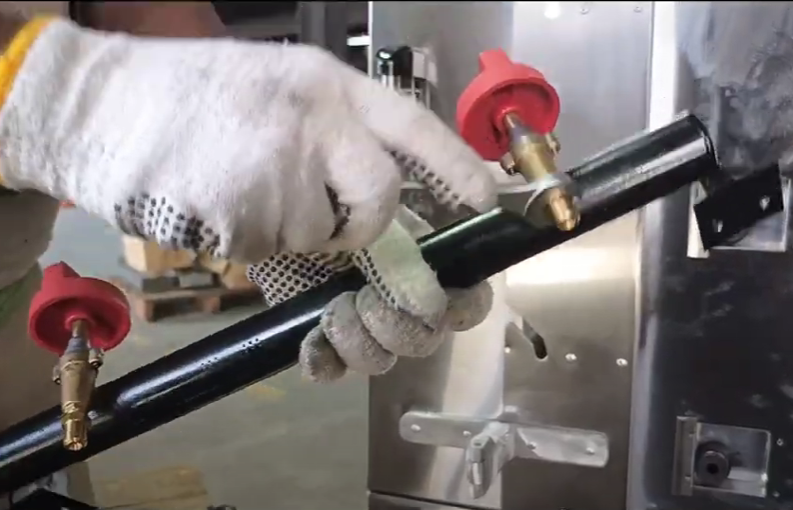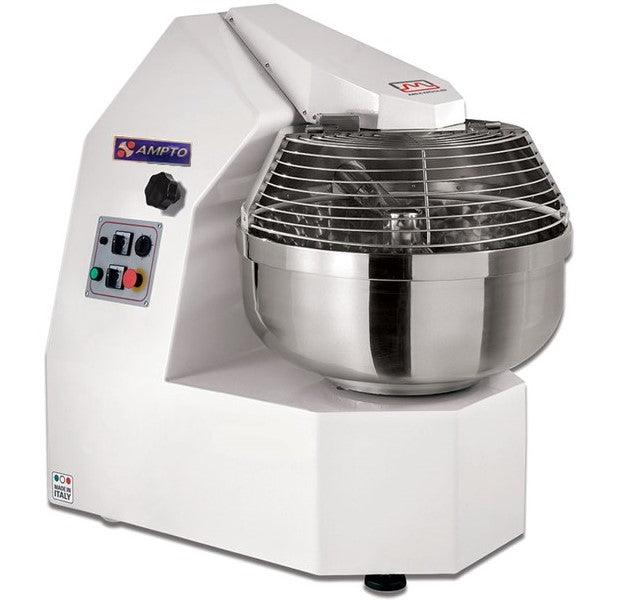Does Coffee Contain Tannins?
If you are a coffee lover, you might have heard about tannins before. Tannins are plant-based compounds that are often associated with bitterness, astringency, and mouthfeel. They are also found in tea, wine, and many other foods and drinks.
But does coffee contain tannins? And if so, how do they affect the taste and health benefits of your favorite beverage? In this blog post, we will answer these questions and more, using the latest scientific research and expert opinions.
What Are Tannins?
Tannins are a broad group of molecules that have the ability to bind with proteins. This means that they can interact with the proteins in your saliva, food, or even your body cells. Depending on the type and amount of tannins, this interaction can have different effects.
Tannins are mostly found in plant matter, especially in the skins, seeds, and stems of fruits and vegetables. They are also present in some grains, nuts, legumes, herbs, and spices. Some of the most common sources of tannins for humans are tea leaves, grapes, and coffee beans.
The word tannin comes from the traditional leather industry, where plant extracts containing tannins were used to tan animal skins. The word derives from the Celtic word for oak bark, which was one of the most popular tanning agents.
How Do Tannins Affect Taste and Mouthfeel?
Tannins are responsible for some of the characteristic flavors and sensations of coffee, tea, wine, and other foods and drinks. They can make your mouth feel dry, rough, or puckered. They can also add bitterness, complexity, or richness to the taste.
The effect of tannins depends on several factors, such as:
- The type and concentration of tannins
- The pH and temperature of the drink
- The presence of other compounds, such as sugars, acids, or fats
- The personal preference and sensitivity of the drinker
Some people enjoy the astringency and bitterness of tannins, while others find them unpleasant or harsh. Some people may also experience adverse reactions to tannins, such as headaches, nausea, or stomach upset.
Does Coffee Contain Tannins?
The short answer is yes, coffee does contain tannins. However, the amount and type of tannins in coffee are not very clear or consistent. This is because tannins are not easy to measure or define. Different methods of testing may yield different results.
According to some studies, coffee contains about half the amount of tannins as tea. However, this may vary depending on the variety, origin, roast level, grind size, brewing method, and extraction time of the coffee beans.
One of the main compounds that is classified as a tannin in coffee is chlorogenic acid (CGA). CGA is an antioxidant that has many health benefits. However, it only behaves as a tannin in some tests. Another related compound is dichlorogenic acid (DCGA), which is more clearly a tannin and is found in unripe coffee beans.
How Do Tannins Affect Coffee Quality?
Tannins can have both positive and negative effects on coffee quality. On one hand, they can contribute to the flavor profile, body, and acidity of coffee. They can also enhance the antioxidant activity and potential health benefits of coffee.
On the other hand, they can also cause over-extraction, bitterness, or sourness if not balanced properly. They can also interfere with the absorption of some minerals or nutrients from coffee or food.
To optimize the tannin content and effect in your coffee, you can follow these tips:
- Choose high-quality coffee beans from reputable sources
- Experiment with different roast levels and brewing methods
- Adjust your grind size and extraction time according to your taste preference
- Add milk or cream to reduce the astringency or bitterness of tannins
- Drink coffee in moderation and with food
Conclusion
Tannins are complex and fascinating molecules that play an important role in coffee quality. They can affect the taste, mouthfeel, and health benefits of your favorite drink. However, they can also cause some problems if not managed properly.
To enjoy the best of both worlds, you need to understand how tannins work and how to control them. By following some simple guidelines and experimenting with different variables, you can find your ideal balance of tannins in your coffee.
Does Coffee Contain Tannins? Like Wine?
Join Us
100% free, Unsubscribe any time!
Featured products
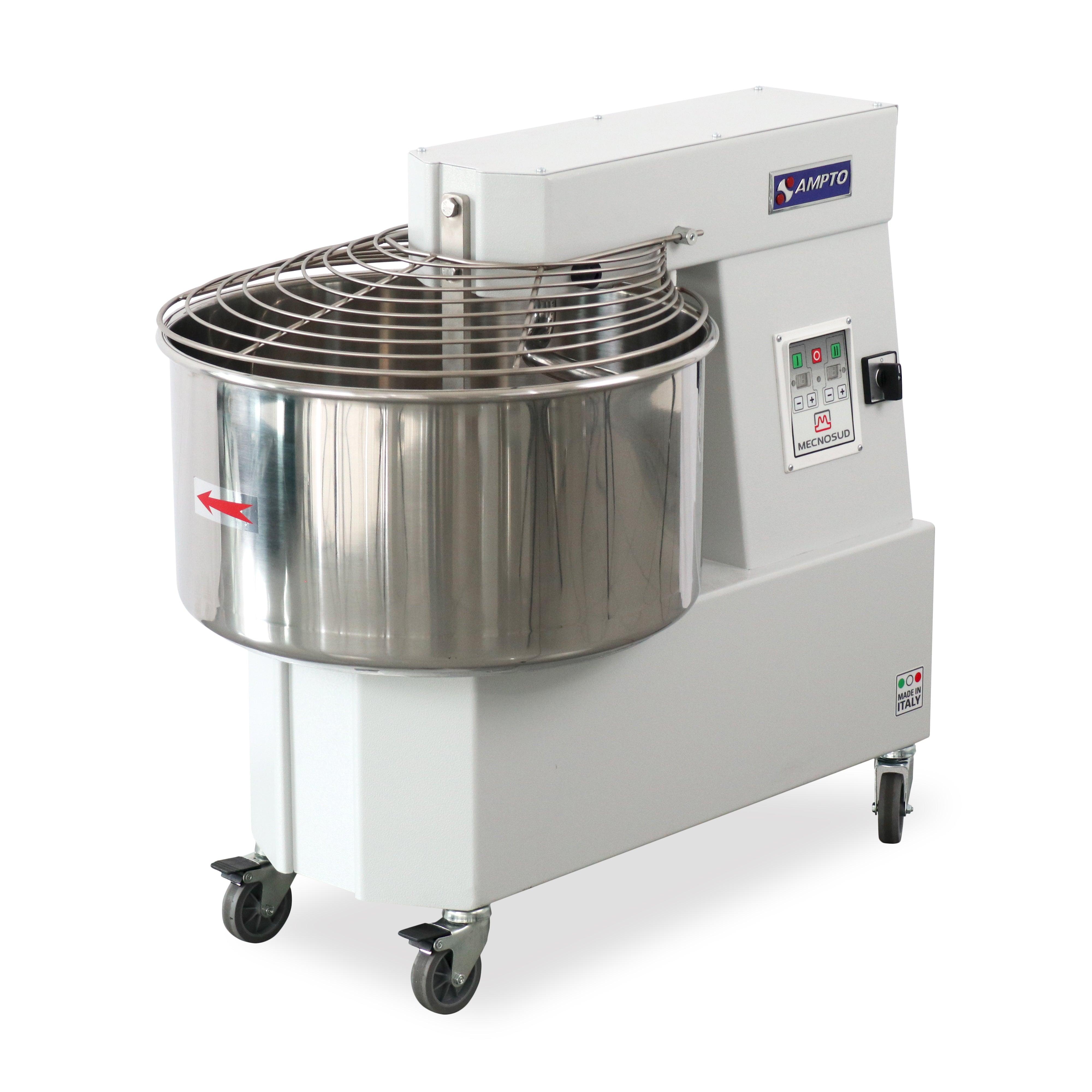
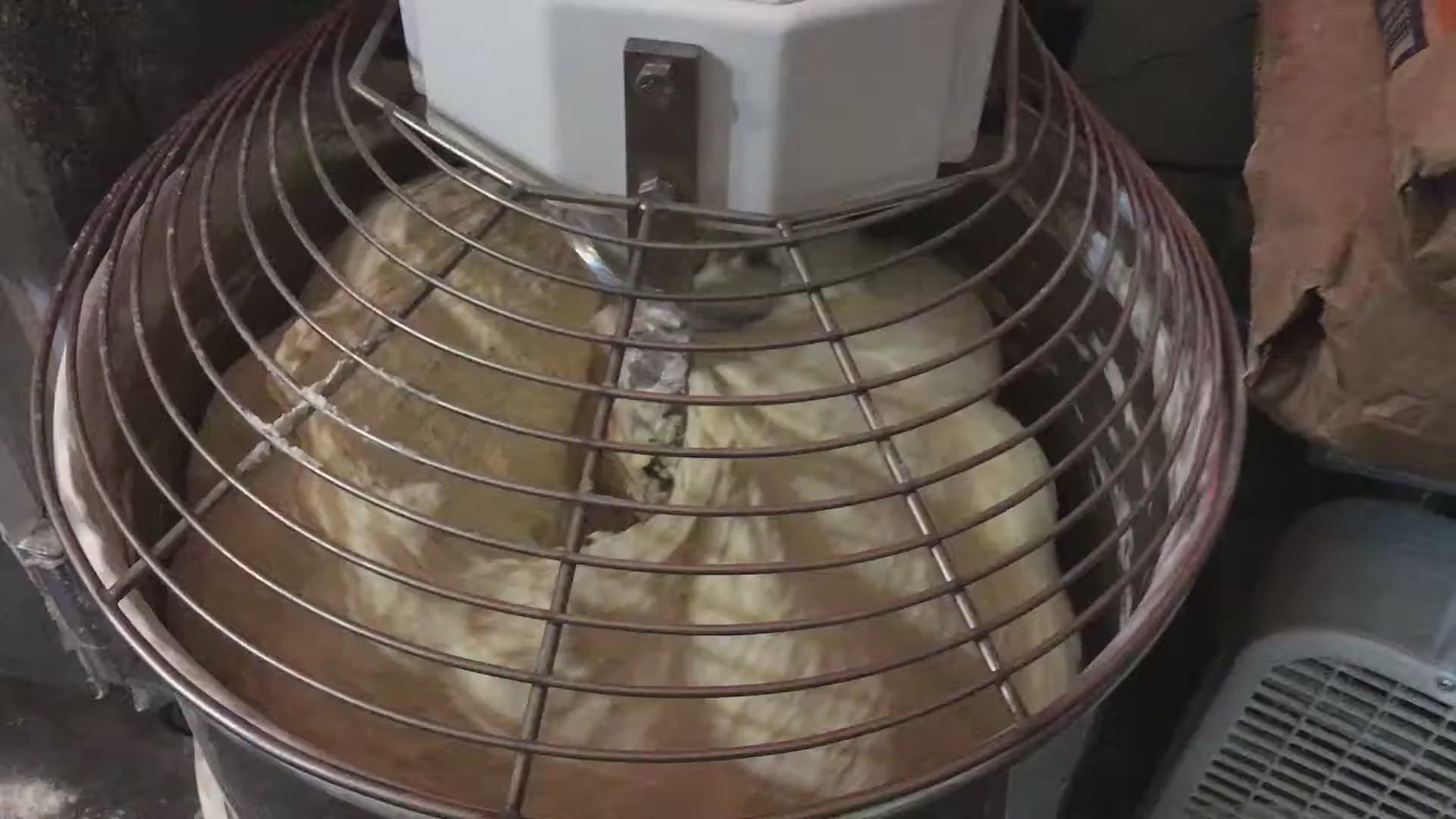
TS44MD Spiral Mixer 66 Lbs. 52 L (55 Qt) Flour Cap. 2 Speeds. 220V/60-50/1
Sale priceRM31,583.00 MYR


P120E A2 Electric Pizza Oven P120 49'' x 26'' x 7'' (Chamber) 208/240/60/3 - 2 Decks with tray guide base
Sale priceRM101,278.00 MYR

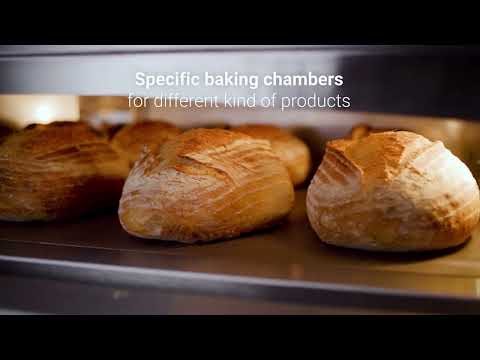
S100E1 - serie S modular Electric Pizza oven 37-1/2"x29x6-1/4 (Chamber)
Sale priceRM80,632.00 MYR


